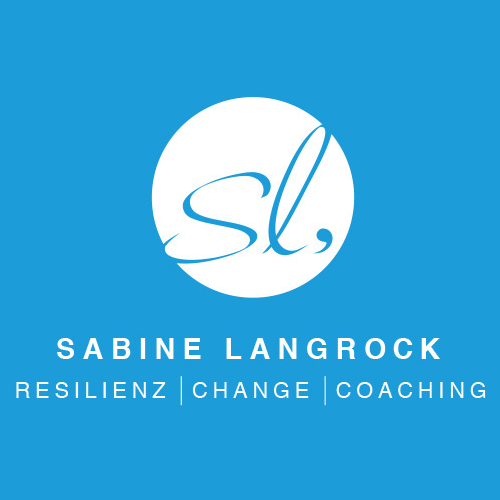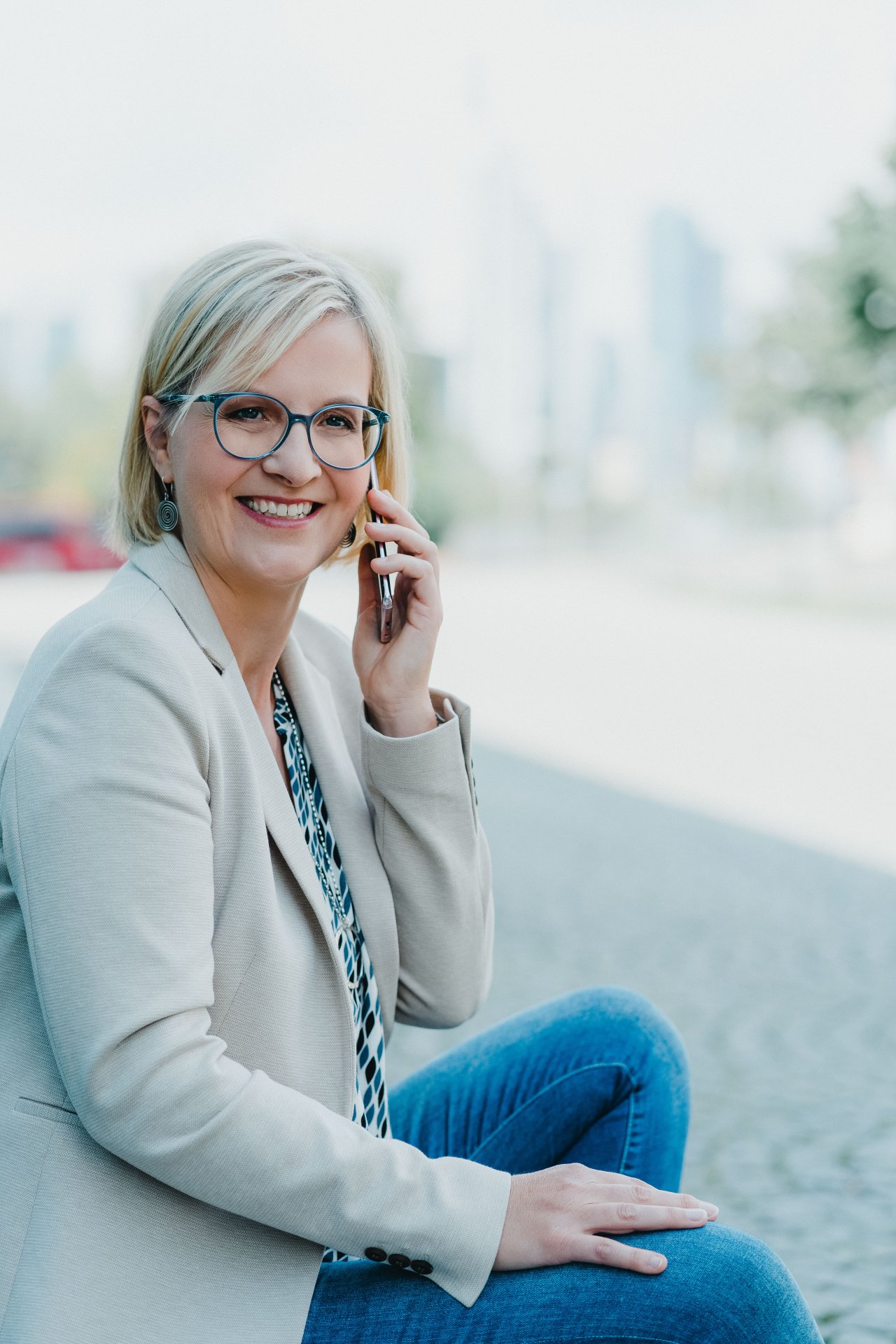Opening up spaces. Expressing invitations.
This sentence from open space facilitation came to mind when several participants suddenly left the Zoom meeting during my online session.
Poof, gone.
The breakout rooms had barely been opened.
I had invited everyone to participate in a friendly exchange in pairs: “What positive moments did you have last week? What brought a smile to your face?”
It was a short sequence to get everyone settled in, intended as a relaxed icebreaker for our topic of “positive emotions.”
Everyone had voluntarily signed up for the open online format. A large, colorful group, eager for inspiration.
And yet, some of them said goodbye at that very moment.
At first, I was stunned. Maybe it was a technical problem after all?
Then my inner critic piped up:
“How naive of you. Couldn't you have foreseen this?”
Yes, maybe. I hadn't considered that for some people, breakouts mean stepping out of their comfort zone.
Unfamiliar faces, spontaneous exchanges, no opportunity to just sit back and relax.
Perhaps because I normally only work in-house and know my target audience beforehand. Almost all of my workshops are currently held in person. And in my previous online sessions, I had never actually encountered this phenomenon before.
A small blind spot, then.
Take a deep breath in and out, put it into perspective: everything is fine.
Those who stay are right. Those who leave are too.
People open up at their own pace. Some people need time to get comfortable with closeness. Some prefer to listen rather than reveal anything about themselves. Some feel: not today.
And all of that deserves respect.
Not every invitation has to be accepted by everyone.
This applies on a small scale as well as on a large scale.
With new ideas.
In change processes.
In life.
There will always be people who hesitate, who don't jump right in, who can't or don't want to seize the moment.
And there will be others who are curious, who embrace the unknown.
Three basic needs frequently come into play here:
the freedom to make one's own decisions (autonomy),
the confidence that one's own contribution counts and is not “wrong” (competence),
and the feeling of being connected to others (connectedness) – something that cannot be taken for granted, especially in an online format.
Whether an inner “yes” emerges often depends precisely on these points.
By the way, my session continued with many enthusiastic participants. And the result was exactly what I had hoped for:
Encounters. Positive energy. Inspiring exchanges. Tangible resonance.
That's exactly why I love my work. ????
Opening spaces. Extending invitations.
And trusting that whoever comes are the right people.

